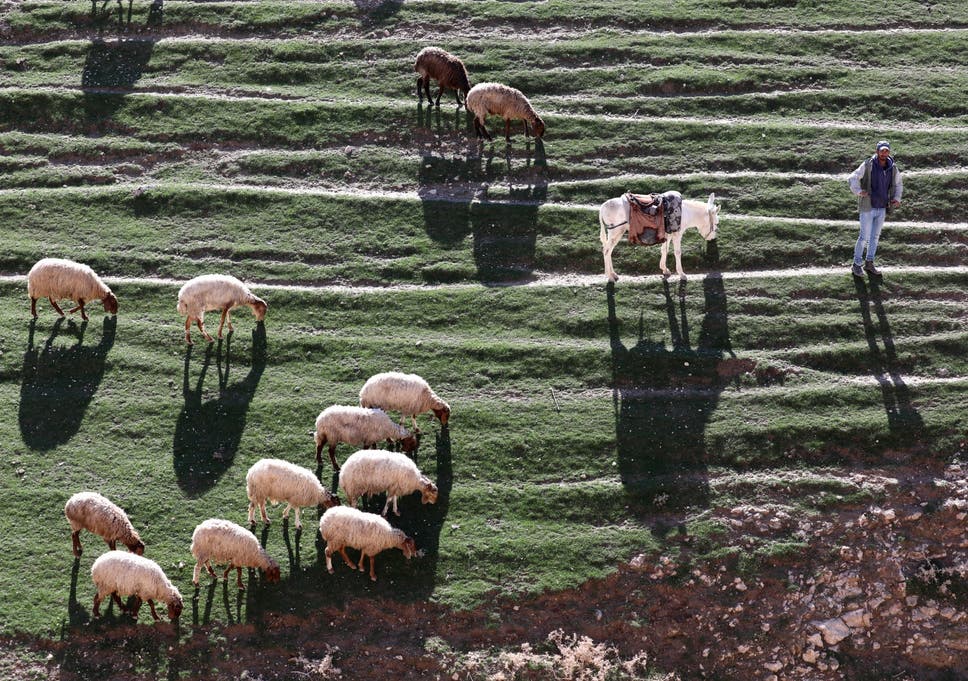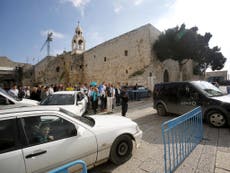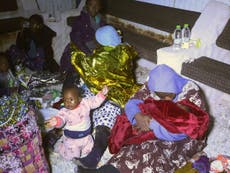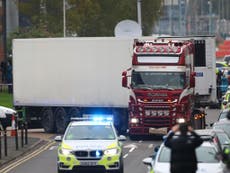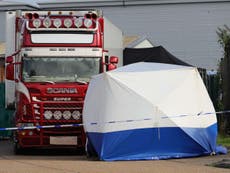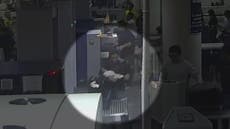Last week Egypt launched “Qader 2020”, a military display of ground, naval and air units choreographed to demonstrate the strength of the country’s armed forces
January 14, 2020

Amelia Smith
@amyinthedesert
January 14, 2020 at 3:32 pm
Last week Egypt launched “Qader 2020”, a military display of ground, naval and air units choreographed to demonstrate the strength of the country’s armed forces.
Translated as “ability to face”, the Ministry of Defence says Qader 2020 is a tough message to Turkey: if you intervene in Libya, Egypt is here to protect its own borders and its ally, the Libyan warlord Khalifa Haftar.
It comes in the context of President Recep Tayyip Erdogan’s announcement last week that he was sending Turkish troops to Libya to support Fayez Al-Sarraj’s rival UN-recognised government which is based in Tripoli.
Over the weekend, Speaker of Haftar’s Tobruk-based House of Representatives Aguila Saleh told the Egyptian parliament that the country may be forced to call on the Egyptian army to intervene if foreign intervention takes place in Libya.
His comments were met with a standing ovation and followed several weeks of support from pro-regime actors, singers and journalists in favour of the Egyptian army’s stated plans in Libya.
Yet underneath the tough narrative against Turkey, put forward by the Egyptian state, several observers suggest Qader 2020 is actually a show of strength designed for consumption by the people of Egypt, not Libya.
Egypt army carries out nationwide military drills
Just yesterday, Egyptian President Abdel Fattah Al-Sisi said he was not planning to go to war with African countries, referring to Ethiopia and Sudan, with whom negotiations have been in gridlock for months over the Renaissance Dam so why would he make an exception for Libya.
Turkey is the second largest G20 importer of Egyptian goods – in 2018 trade exchange between the two countries hit $2 billion –and it’s unlikely Egypt would jeopardise this.
“Turkey is an ideological enemy of the Egyptian government making it a bogeyman to use in ramping up support locally,” Egyptian blogger The Big Pharaoh wrote on Twitter.
Turkey is the 2nd biggest G20 importer of Egyptian goods. Trade between the two countries seems to be going smoothly in parallel with the political animosity. Turkey is an ideological enemy of the Egyptian government making it a good bogyman to use in ramping up support locally
— The Big Pharaoh (@TheBigPharaoh) January 10, 2020
The “current banging of war drums is for local consumption, promoting military rule.”
The regime often uses major political events as an opportunity to remind the country of its security and anti-terror narrative, which it constantly pushes to justify severe repression in the country.
As the anniversary of the January 25 Revolution approaches, we are reminded just how many peaceful protesters have been jailed and charged in Egypt for membership in a terror group and for funding or aiding terrorists, including many from the recent September protests.
Earlier today the Egypt Independent reported an official statement from the Egyptian Armed Forces, that the Air Force reconnaissance exercises Qader 2020 “provided air assistance in drills for targeting terrorist outposts in all directions.”
Military displays of strength are a diversion tactic, a spectacle for Egyptians to look at rather than focus on all the downfalls of the current regime, which has imprisoned 60,000 prisoners, several of whom have died or who are dying from the cold this winter.
This drill is also a warning of the regime’s strength, and what it will do to people who come out onto the street to challenge Al-Sisi’s rule if they are planning to do so on 25 January.
‘Cold cells’ campaign hopes to close Egypt’s notorious Scorpion wing
On the 2015 anniversary of the revolution, at least 17 protesters were killed when security forces fired on them, including the activist Shaimaa Al-Sabbagh who carried flowers to Tahrir before she was shot. Just in case they didn’t get the message, armoured personnel carriers rolled into the streets downtown, a warning to anyone else who wanted to voice their opinion.
There is no more painful reminder of the army’s strength against civilians than the 2013 Rabaa massacre against pro-democracy protesters in the square when army tanks rolled over the sit-in, snipers shot at demonstrators and set fire to tents. Some 1,000 people were killed that day and hundreds more injured.
Two years ago, just one month before the 2018 presidential elections, Operation Sinai was launched “to combat terrorism”.
In the first three months of the operation, 3,000 homes were flattened along the border with Gaza. The army continues to extrajudicially kill civilians, forcibly disappear children and burn and demolish the houses of people who speak out.
At the time the operation began, the president was desperately looking for ways to divert the electorate’s attention away from the dire economic situation in the country and drum up support for his own rule, so he pushed security to the top of the agenda.
But it is not the army’s strength which will secure the nation – that can only happen when it respects the rule of law.
The views expressed in this article belong to the author and do not necessarily reflect the editorial policy of Middle East Monitor.








